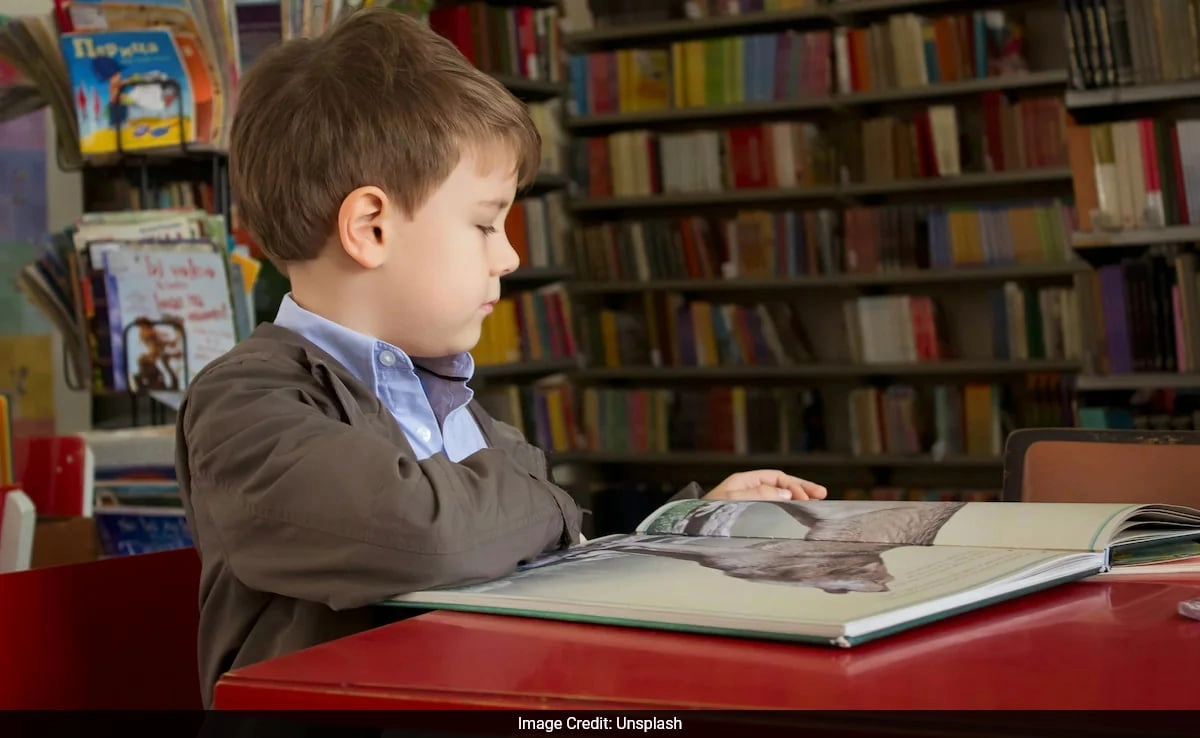Denmark’s school system is renowned for its progressive approach to education, focusing on not only academic excellence but also the holistic development of students. The Danish educational framework is designed to prepare students for the complexities of the future by fostering critical thinking, creativity, and collaboration. From an early age, students are encouraged to engage with their learning environment actively, promoting a sense of responsibility and independence. This emphasis on student-centered learning ensures that children are not merely passive recipients of information, but rather active participants in their educational journey.
In Denmark, the curriculum is broad and inclusive, integrating various subjects that promote a well-rounded education. Subjects such as arts, physical education, and social sciences are given equal importance alongside traditional academic disciplines like mathematics and science. This balanced approach not only nurtures students’ academic skills but also enhances their emotional intelligence and social competencies. As students progress through the system, they are given opportunities to explore their interests and talents, enabling them to discover their strengths and passions, which is crucial for personal and professional development in an ever-changing job market.
Moreover, the Danish school system places a strong emphasis on teamwork and collaborative learning. Group projects and peer-to-peer learning are commonplace, allowing students to develop essential skills such as communication, negotiation, and empathy. These skills are increasingly vital in today’s globalized world, where the ability to work effectively with others is often as important as individual academic achievements. By fostering a collaborative environment, Denmark’s schools prepare students to thrive in diverse workplaces and communities, equipping them with the tools to navigate the complexities of modern society.
Additionally, Denmark’s approach to education includes a strong focus on digital literacy and innovation. As technology continues to reshape the landscape of work and communication, Danish schools integrate digital tools into their curriculum, ensuring that students are not only consumers of technology but also creators. By learning to code, engage with digital media, and understand the implications of technology on society, students are better prepared to face the challenges and opportunities of the future. This forward-thinking perspective is vital, as it empowers students to become active contributors to a digital world.
In summary, Denmark’s school system is a model of how education can be structured to equip students for the future. By emphasizing critical thinking, creativity, collaboration, and digital literacy, the Danish approach fosters a generation of learners who are adaptable, innovative, and ready to tackle the challenges of an ever-evolving global landscape. Through a commitment to holistic development and inclusive learning, Denmark not only prepares its students for academic success but also instills in them the values and skills necessary for meaningful contributions to society.




